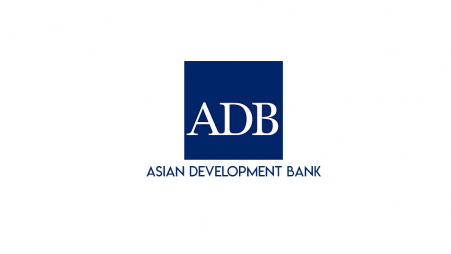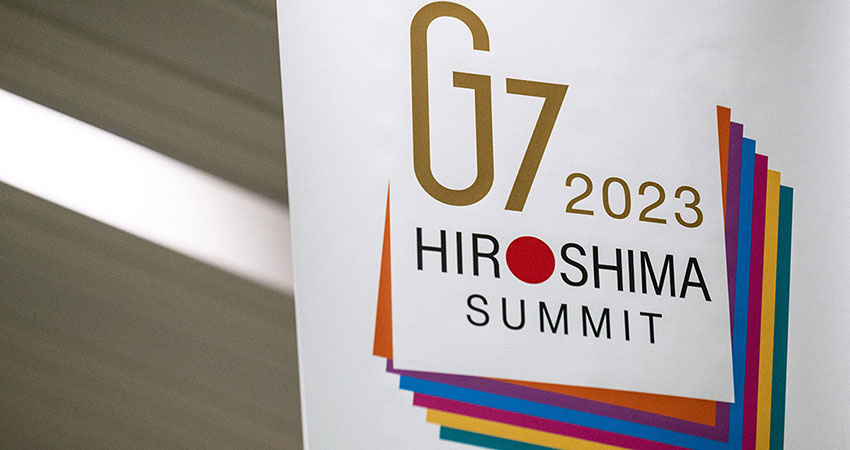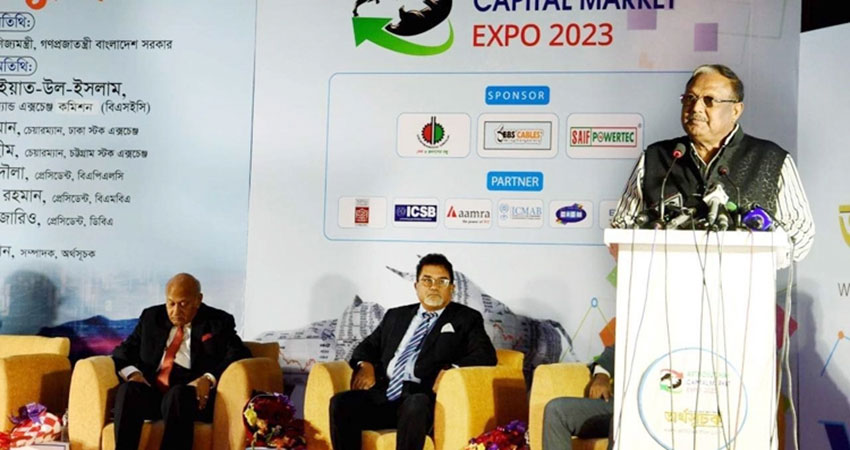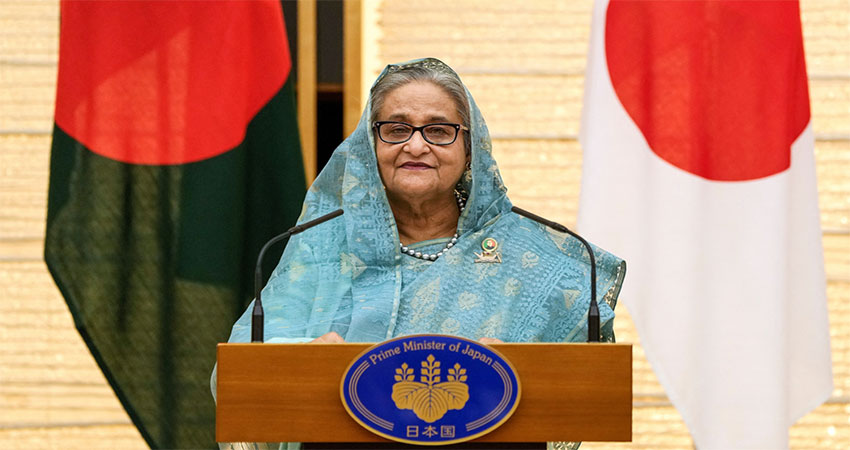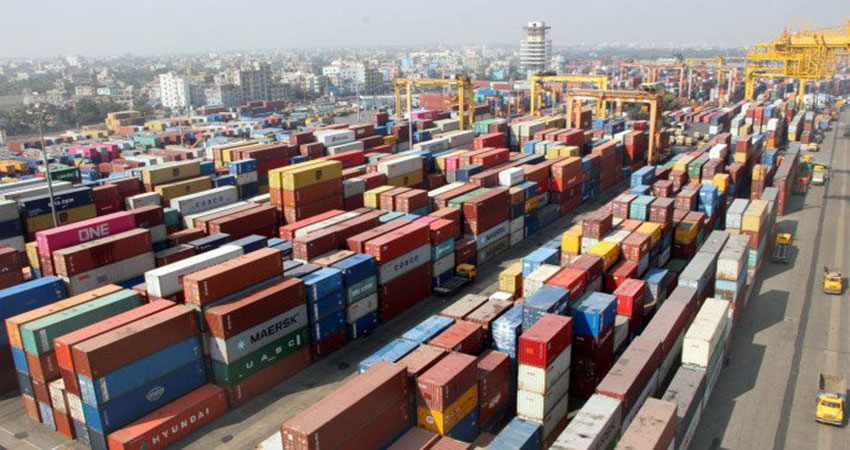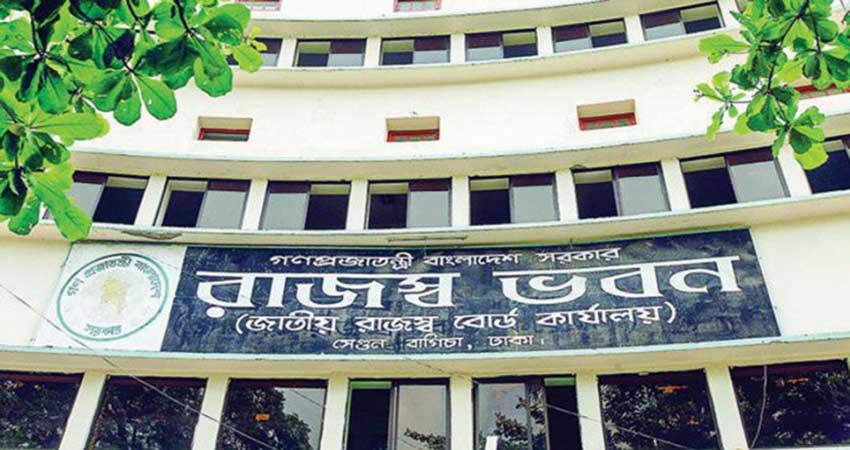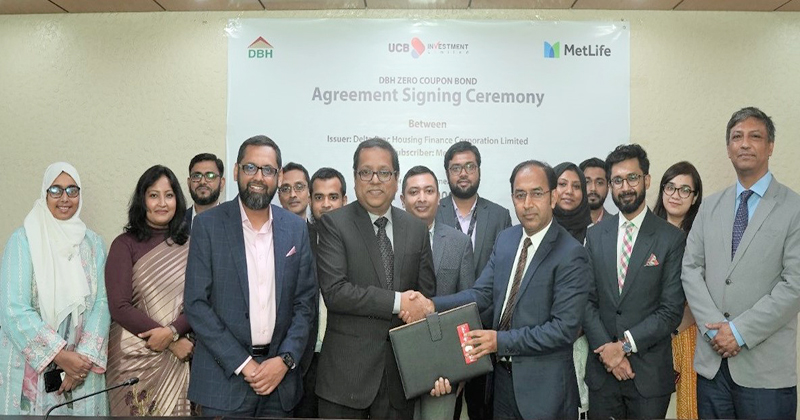CT News Online
The government has signed a loan
agreement of $400 million with the Asian Development Bank (ADB) in a
significant move towards climate resilience and inclusive development in
Bangladesh.
Md Shahriar Kader Siddiky, secretary of the Economic Relations
Division (ERD) under the Ministry of Finance and Edimon Ginting, country
director, of Bangladesh Resident Mission, ADB signed the loan agreement on
behalf of both two sides.
The signing ceremony saw the participation of key
representatives of Bangladesh and ADB held in the capital on Monday.
The signing signifies a
collaborative effort to address climate challenges and foster inclusive
development in the country.
The Finance Division, in conjunction with
other relevant ministries, has crafted a comprehensive policy reform program as
part of the Climate Resilient Inclusive Development Programme.
The programme’s objectives include
mitigating greenhouse gas emissions, transitioning to a low-carbon economy,
facilitating a sustainable and climate-focused development pathway, and
strengthening resilience to adverse climate change impacts.
Siddiky and Ginting affirmed that the
outlined program objectives have already been achieved according to the terms
of the loan agreement.
ADB’s support, as one of Bangladesh’s
largest multilateral development partners since 1973, underscores its
commitment to advancing various sectors crucial for the nation’s development.
ADB’s total assistance to Bangladesh,
combining loans and grants, stands at over $31.32 billion and $571.2 million,
respectively.
The sectors benefiting from ADB’s
development assistance include Power, Energy, Local Government, Transport,
Education, Agriculture, Health, Water Resources, Governance, and Financial
Sectors.
However, Bangladesh is one of the world’s
most vulnerable countries to the adverse impacts of climate change, recording
an annual average loss of about $3 billion.
The $400 million loan is the first subprogram of the indicative $700 million Climate-Resilient Inclusive Development Program, which will help Bangladesh strengthen its climate resilience, transition to a low-carbon economy, mitigate its greenhouse gas emissions, and mainstream gender equality and social inclusion in the government’s climate actions.
DCT/OL/SMKN/END

